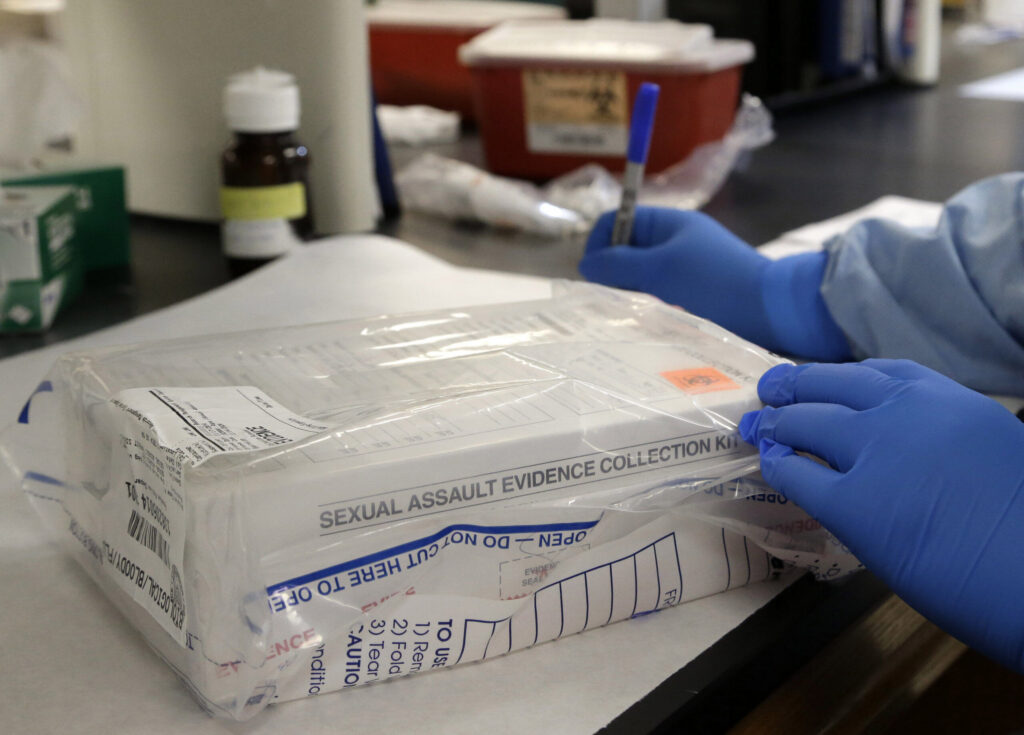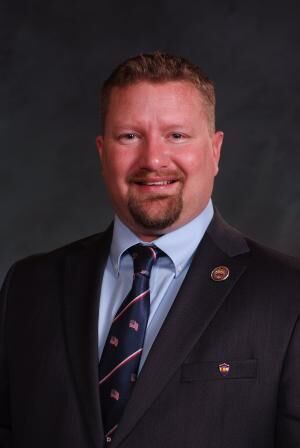A whole bunch of Colorado laws go into effect Wednesday
Wednesday marks 90 days since the end of the legislative session, which means Colorado law is set to change in ways large and small as a passel of new statutes join to legal code.
More than 200 laws are set to take effect on Aug. 9. More take effect at staggered dates, depending on how they were passed.
Colorado Politics took a run through the list to see what jumped out:
House bills1039 – Restorative Justice Communication Issues1041 – Inform of Education leading to jobs1052 – Child Welfare Allocation Formula Factors1081 – Olympic Athletes Colorado In-state Tuition1088 – Signature Verification on Petitions1104 – Exclude Olympic Medal Income From Taxable Income1115 – Direct Primary Health Care Services1120 – Alcohol Beverage License Higher Education Campus1138 – Hate Crime Reporting By Law Enforcement1143 – Audits of Medicaid Client Correspondence1150 – No Bail for Stalking and Domestic Violence Offenders1172 – Penalties For Child Sex Traffickers1177 – CORA Mediation1179 – Immunity For Emergency Rescue From Locked Vehicle1188 – Harassment Sexual Orientation Or Disability1215 – Mental Health Support For Peace Officers1279 – Construction Defect Actions Notice Vote Approval1288 – Penalties for Felony DUI Offenders1303 – Judicial Performance Evaluation System and Commission1313 – Civil Forfeiture Reform
Senate bills:033 – Delegate Dispensing Over-the-Counter Medications051 – Revisions to Victims’ Rights Laws062 – Student Free Speech Public Higher Ed Campuses109 – Industrial Hemp Animal Feed121 – Improve Medicaid Client Correspondence178 – Marijuana Use As A Condition Of Bond179 – Fee Limits For Solar Energy Device Installations267 – Sustainability of Rural Colorado.271 – Investor-owned Utility Cost Recovery Transparency272 – Measures of Postsecondary Workforce Readiness295 – Revise Medicaid Fraud Reporting
Two of the most far-reaching new laws are contained in Senate Bill 267 and House Bill 1279.
The former was a breakthrough compromise that reclassified a fee on hospital beds to free up money under the state constitutionals spending cap. That freed up money for rural hospitals and transportation, while raising co-pays on Medicaid clients and lowering the state spending limit.
The latter, House Bill 1279, is the first real compromise on construction defects litigation. It requires all the residents of a homeowners association to vote on whether to sue over construction defects, rather than just a homeowners association board. It also requires a meeting and a chance for a deal with the builder, before heading to court.
Rep. Cole Wist, R-Centennial, was a leader on the bipartisan construction defects bill. He also sponsored House Bill 1177 to head off lawsuits over Colorado Open Records Act requests.
Under current law (until Wednesday), someone denied the right to see a public record had three days to notify the denier of an intent to sue. The new law moves that back to 14 days and requires a meeting in-person or by phone to see if the dispute can be settled out of court.
“Anytime we can make face to face resolutions an option in lieu of going to directly to court, it’s a good thing,” Wist said in a statement. “The Colorado Open Records Act exists to hold government accountable to the people it represents and this new law helps prevent government entities from using the cost and time of litigation as a deterrent to citizens seeking access to public records.”
Wist sponsored the bill with Democratic Assistant Majority Leader Alec Garnett of Denver.
The House Democrats provided a synopsis of bills it considers bit wins this session:
HB17-1184: Duran/Grantham bill adds computer science and digital literacy to our academic standards to ensure that students come out of school prepared with the skills they’ll need to succeed in the modern economy. Also creates a resource bank of materials that will be available for schools across the state to use to start or improve computer science classes – including sample content standards, programs, etc. Additionally, a component that was originally in HB1184 but ended up being passed into law via the school finance act: A grant program for teachers to get additional postsecondary education/training in the computer science field.
HB17-1003: As the population in Colorado rises, the number of students in Colorado schools rises too. However, the number of educators completing educator preparation programs at colleges and universities has declined by almost 25 percent since 2010. To help fix this issue, Colorado legislators have passed the Strategic Plan to Address Teacher Shortages, sponsored by Barbara McLachlan. This law requires the Department of Higher Education, in collaboration with the Colorado Department of Education, school districts, and other education associations, to study teacher shortages in Colorado, identify root causes and recommend strategies for improving the recruitment and retention of teachers in all areas of the state. The Department of Higher Education is already holding a series of hearings around the state. For a schedule of hearings, follow this link.
HB17-1269: Employees’ ability to discuss and compare their wages with their colleagues is a vital element to ensure employees are receiving a fair wage. This is especially important for women in the workforce, as it has historically been an obstacle to ensuring equal pay for equal work. Colorado law already states that it is discriminatory for an employer to discharge, discipline, intimidate, or otherwise interfere with any employee because they discuss their wages, but this law, sponsored by Jessie Danielson, removes an exemption for some employers. With this law in place, all employees will receive wage transparency protections.
HB17-1326: This Pete Lee law refocuses the state’s criminal justice spending on the education and economic development that deter and prevent crimes. The law launches a pilot program to cut the sentences for technical parole violations and reinvests the money saved in education and jobs programs in northern Aurora and southeastern Colorado Springs. Some of the money will be used for loans for small business to create jobs and provide grants for community-based services to reduce recidivism.
HB17-1266: (Jovan) Melton and (Edie) Hooton bill lets folks petition the court to seal records of their convictions on pre-Amendment 64 marijuana offenses that would be legal today.











